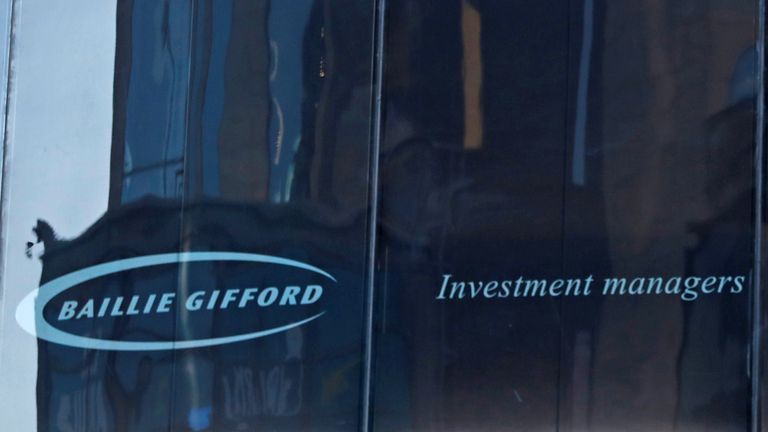The founder of BrewDog has claimed that entrepreneurs will abandon Britain if capital gains tax is increased.
James Watt, the founder of the brewery and pub chain, told Sky News that a significant rise in the tax "will do far more damage to our economy" and deal a hammer blow to the prosperity of every family.
Mr Watt, who stepped down as chief executive of BrewDog in May amid controversy over staff wages, also claimed that any increase in the tax would lead to lower tax receipts.

He said: "People who start businesses - they also pay national insurance, PAYE for their team, corporation tax.
"We really need the job creation. We need investment in our economy. We need economic growth. So it would be so anti-business to disincentivise that."
While the entrepreneur said he wouldn't leave his native Scotland if that tax was increased, he warned that other entrepreneurs, particularly those in the technology sector, would leave Britain for places like Dubai.
Capital gains tax on the sale of shares and other assets is currently set at up to 20%. It is expected to rise by several percentage points in the 30 October budget.
Only about 350,000 people a year pay the tax, but they contribute £15bn in tax receipts, according to the Institute for Fiscal Studies.
Read more:
Baillie Gifford issues 'return-to-office' edict
Very Group tabled offer for Simple Be owner
Thames Water bondholders split amid nationalisation fight

But not all share Mr Watt's analysis of the result of a potential increase in the tax rate.
The Institute for Public Policy Research argued this week that raising capital gains tax would not reduce investment or impact entrepreneurship.
Keep up with all the latest news from the UK and around the world by following Sky News
Tap hereIt suggested the measure could raise £14bn and actually encourage economic growth.
This public battle is one of many playing out in the lead-up to what is being billed as the most consequential budget in decades, with a chorus of voices trying to influence government policy on taxation.
Disclaimer: The copyright of this article belongs to the original author. Reposting this article is solely for the purpose of information dissemination and does not constitute any investment advice. If there is any infringement, please contact us immediately. We will make corrections or deletions as necessary. Thank you.



